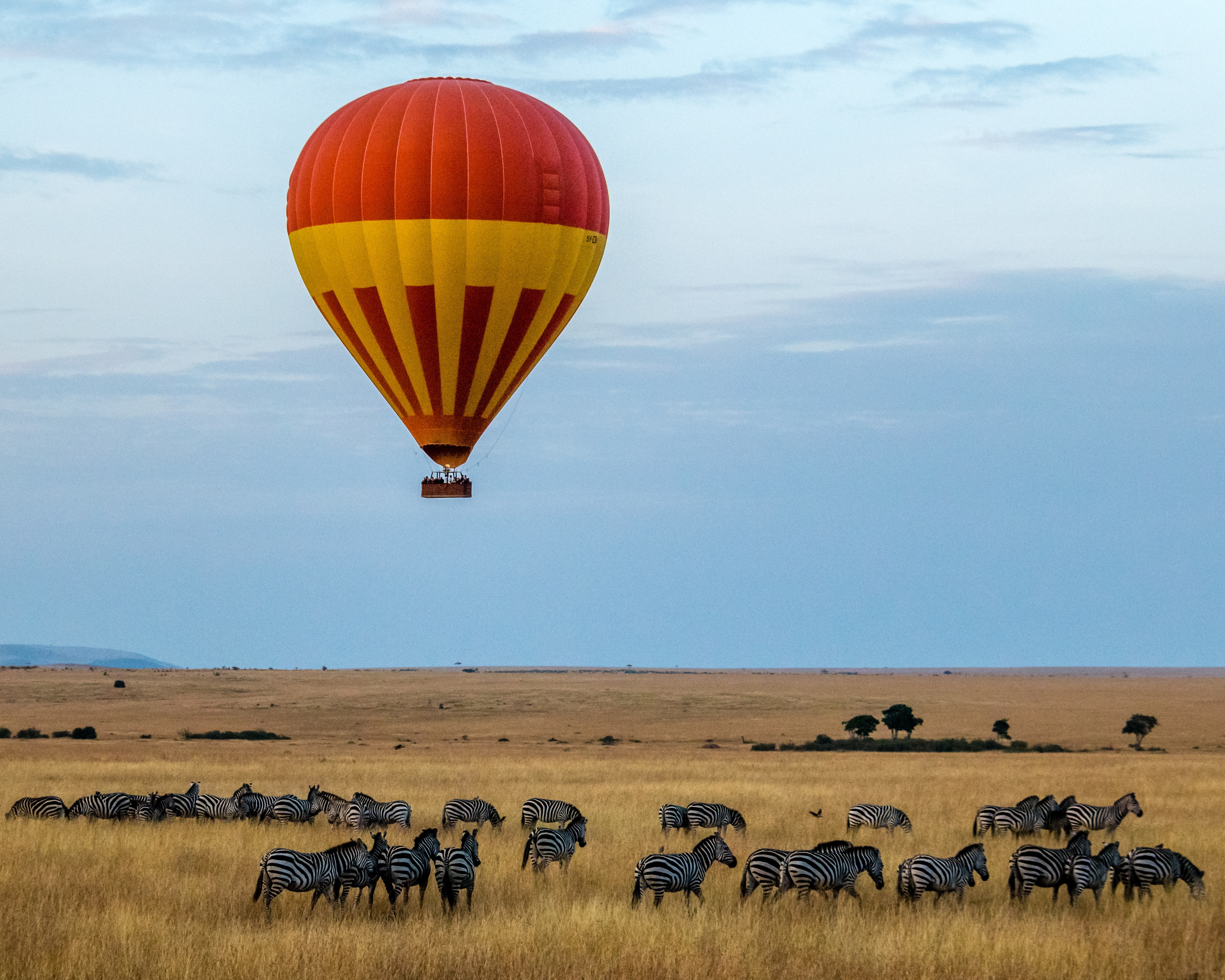Women who rock international trade - Anoush der Boghossian

Ms. Anoush der Boghossian was appointed the WTO's first focal point on trade and gender by Director-General Roberto Azevêdo in 2017. Anoush works as part of the Aid for Trade Unit of the WTO's Development Division and is a senior member of the team.
Prior to joining the Development Division in 2016, Ms. der Boghossian worked in the Information and External Relations Division (IERD) of the WTO. She worked as the French Language Spokesperson of the WTO and she was appointed as the press officer to the former Director-General Pascal Lamy. She also served the WTO as the WTO NGO Liaison Officer and Social Media Manager. Anoush managed the WTO Public Forum and the Organization's social media operations between 2013-16.
Anoush began her career at the WTO in 2006 after acquiring 10 years of professional experience in the private sector, in Brussels, working on EU policies, as a public relations specialist.
Among her educational achievements, she holds a Masters in European and International Law and a Masters in communications.
What is your background working in international trade?
I am a lawyer specialised in international law and EU competition law.
Actually, I came to international trade and the WTO through my communications and public relations background.
Before joining the WTO, earlier in my career, I worked in the private sector and also as an entrepreneur which helped me better understand international trade and the opportunities it creates.
I believe that bringing a legal perspective on trade and gender issues in an area of work full of economists constitutes an added value.
What inspired you to enter into a career in international trade?
Both my parents. In the 60's and 70's my mother was training poor young Palestinian women so that they would be economically independent and earning income. She was fighting for other women's economic rights and empowerment.
And my father was an international trader and a globe-trotter. He travelled the world, setting up factories, making trade deals. In the 70's, he was the first to empower women in his company. He appointed a woman as the head of his operations and as his right arm.
So, trade and women's empowerment are my legacy and I came to international trade naturally.
If you were to go back in time and invite any three leaders to dinner who would they be?
Bill Gates, Amal Clooney and Serena Williams.
What are the top 3 challenges of working in international trade?
International trade is a male dominated sector and it is very difficult for women to have access to the same opportunities created by trade as men.
Trade rules are complex and particularly technical. The legal language is extremely difficult to understand for non-experts.
The WTO is a forum for negotiating trade rules. The results of trade negations impact on countries' economies on the long term. It can be a real challenge to find a balance between national economic interests and preserving the multilateral trading system.
What are the opportunities for anyone looking to work in international trade?
Learning from different countries and regions. Having a better understanding of the world, our environment and what are the real economic challenges of developing countries.
How would you encourage more women to enter into a career in international trade?
By training and learning. Trade is an education intensive sector. Knowledge is key! In particular, globally, there is an increasing prominence of women entrepreneurs. A third of all small and medium enterprises (SMEs) in developing countries are led by women but they receive a very small part of the limited support/training targeting SMEs. A large majority of women entrepreneurs have started their business on their own and most of them without any support, the lack of training limits their economic potential.
Most of the trainings targeting women entrepreneurs don't focus on WTO rules and procedures. This is key for entering the international market.
This is why the WTO is exploring options on building a training programme dedicated to women entrepreneurs to fill this knowledge gaps.